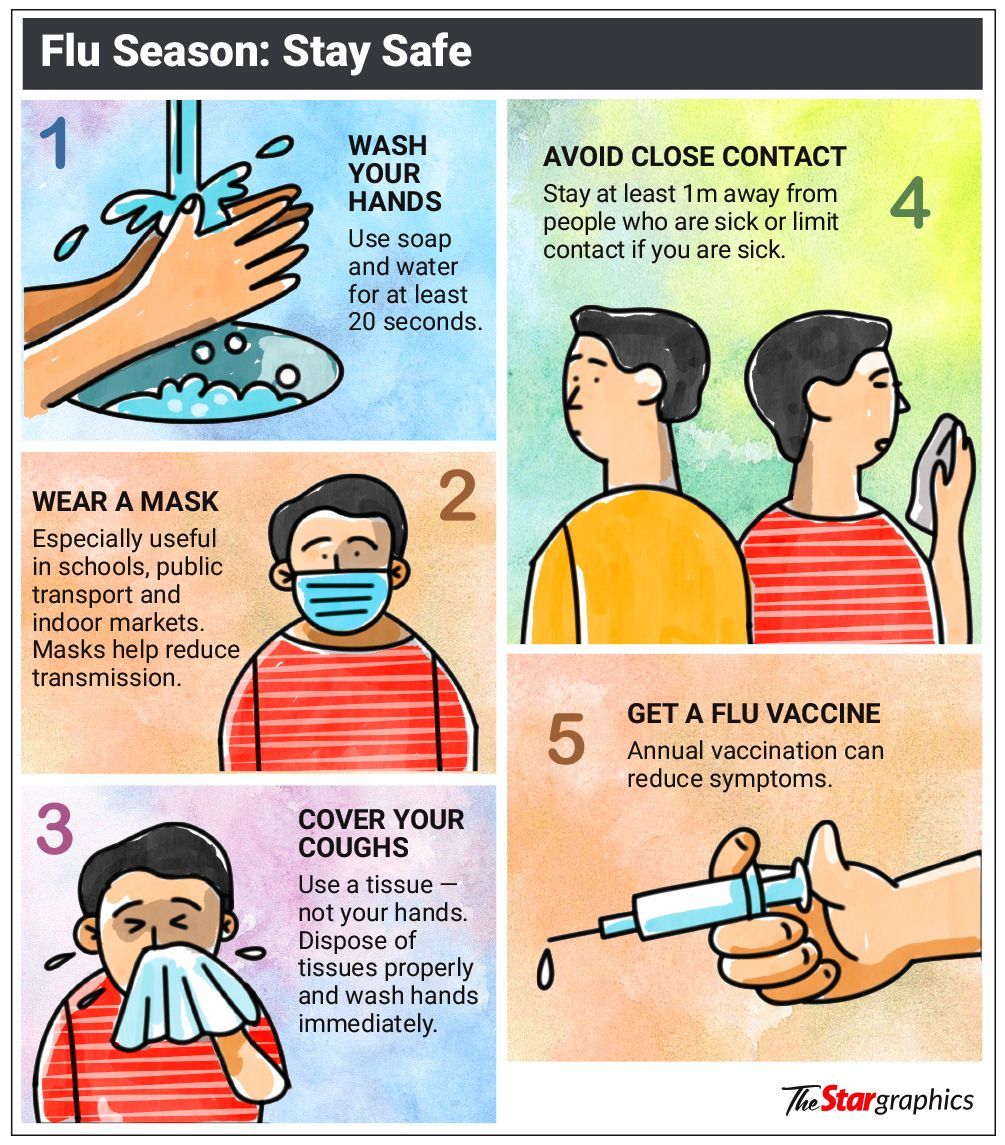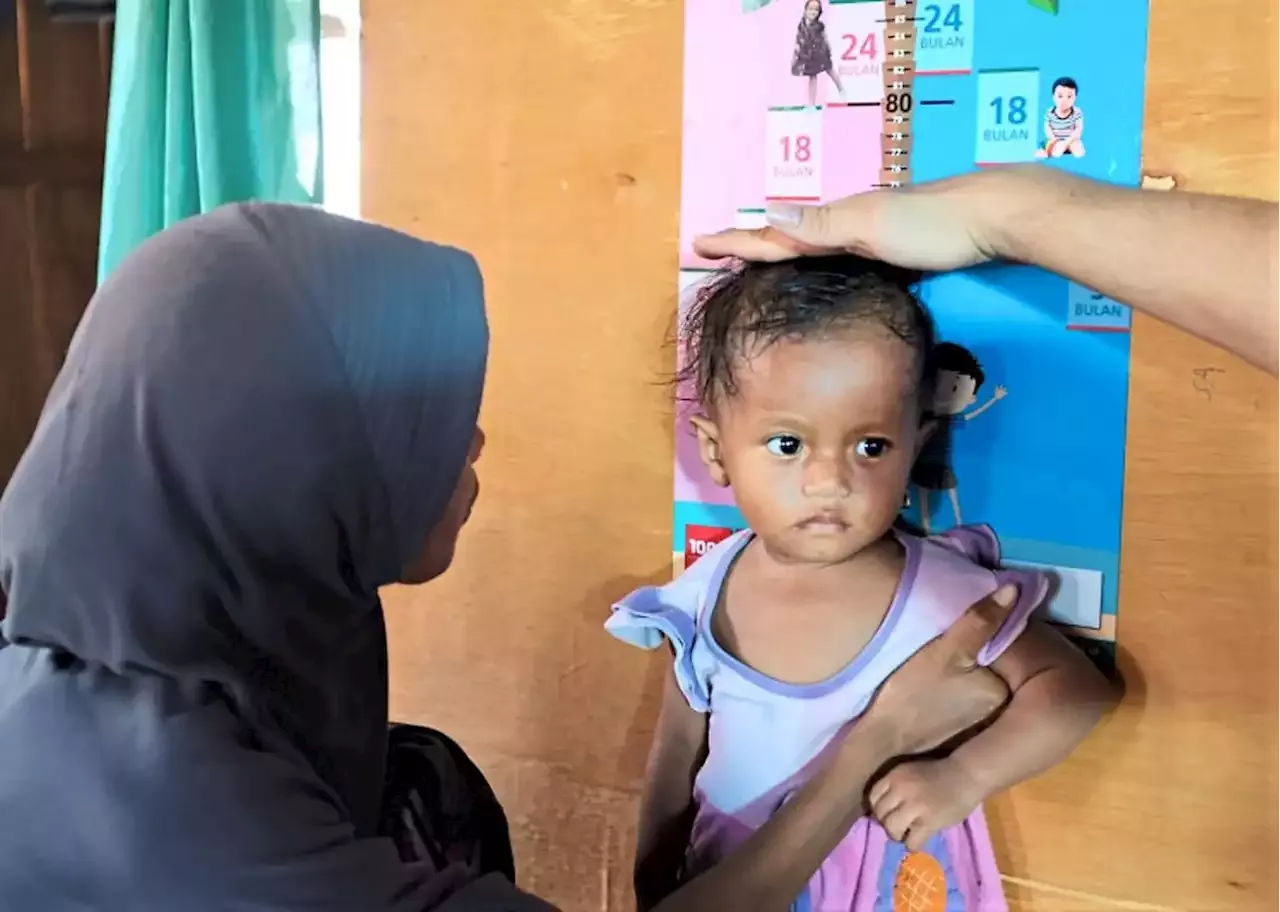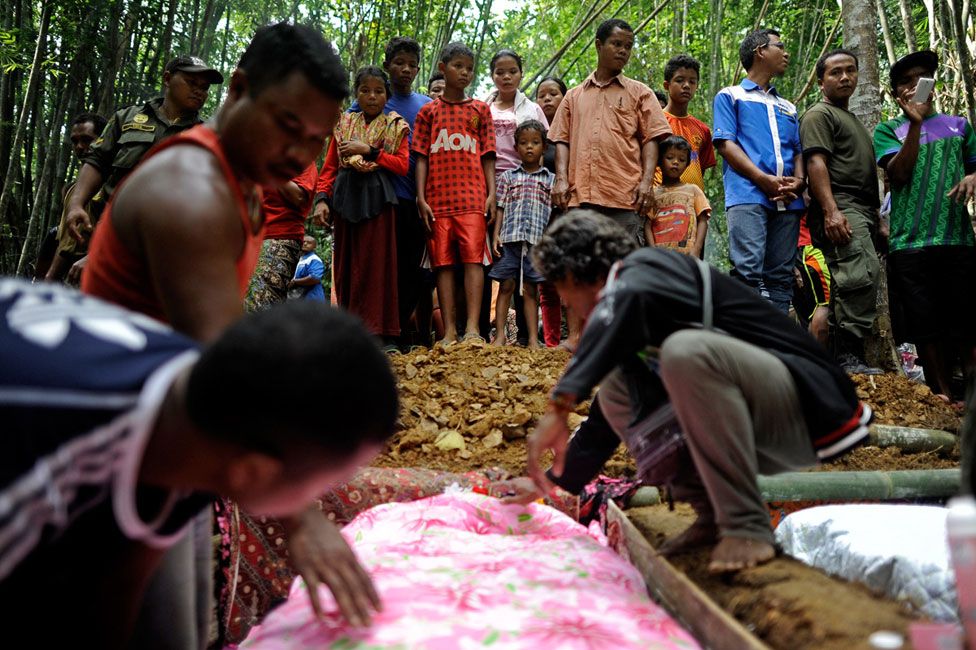Photo courtesy of Pexels
PETALING JAYA: With schools and kindergartens not spared from the current influenza wave hitting the country, the alert is out for children to take extra precautionary measures.
Health experts want special emphasis given to children as most cases have been detected in schools.
Public health expert Prof Dr Sharifa Ezat Wan Puteh called for the affected schools to be closed after being sanitised.
She said children with influenza-like illness (ILI) symptoms should stay home, while those with severe acute respiratory illness (Sari) should seek treatment at the hospital.
ALSO READ:
“Children are also encouraged to get a flu jab. Annual vaccination is necessary because influenza viruses change over time and the vaccine is updated each year.
“The vaccine is suitable for individuals aged six months and older,” she said when contacted.
The Health Ministry has reported a nationwide increase in ILI cases, with 97 clusters detected in the latest epidemiological week – a sharp jump from just 14 the week before.
Most outbreaks were recorded in schools and kindergartens, mainly in Selangor, Kuala Lumpur and Penang.
On Saturday, the ministry reminded that early treatment was important to prevent serious complications.
It said that while influenza was usually resolved without specific treatment, those who experienced symptoms such as fever, cough, sore throat, body aches or fatigue should seek medical attention, mainly children and those at high risk.
The ministry also urged the public to practise proper cough etiquette, maintain regular hand hygiene, avoid crowded places when unwell and wear face masks if they were symptomatic.
Health Minister Datuk Seri Dr Dzulkefly Ahmad said his ministry will discuss with the Education Ministry on further action to contain the spread of the virus in schools.
He also sought to reassure the public that the situation remained under control despite a concerning number of outbreaks.
Prof Sharifa Ezat, who is Universiti Kebangsaan Malaysia’s School of Liberal Studies dean, said high-risk groups included the elderly, those with comorbidities, cancer patients and pregnant women.
She added that other groups, such as healthcare workers, teachers with high student load and those handling work which involves meeting a lot of people, should also mask up to protect themselves.
Malaysian Medical Association (MMA) president Datuk Dr Thirunavukarasu Rajoo urged the public to take sensible precautions with cases of Influenza A and B continuing to rise nationwide.
He said the increase in flu clusters being detected by the Health Ministry was not unusual during this time of the year, but stressed that vigilance is key to preventing a further spread.
“Good hygiene remains our best defence – wash your hands frequently, cover coughs and sneezes and wear a mask if feeling unwell or in crowded areas,” he said.
Dr Thirunavukarasu advised those with persistent high fever, severe cough, chest discomfort or breathing difficulties to seek immediate medical attention, especially if symptoms did not improve after a few days.
President of the Association of Private Hospitals Malaysia Dr Kuljit Singh said the resulting increase in demand for flu vaccines is still manageable.
“We have stock from suppliers, despite the surge in cases,” he said, adding that demand for the jab usually goes up during the flu season.
Former Medical Practitioners Coalition Association of Malaysia president Dr Raj Kumar Maharajah also said there is enough stock of the vaccine at the moment.
“Many are coming in for vaccines due to the influenza outbreak,” he said.
Related stories:
- Flu surge puts Penang on alert as authorities urge residents to stay cautious
- Influenza situation in Penang remains under control, says state govt
- Early treatment crucial to prevent severe influenza complications, says Health Ministry
- Health Ministry investigates death of 4-year-old in Sarawak linked to Influenza







 One common parenting mistake is jumping to conclusions about your
child’s guilt without even giving them a chance to explain first. —
Positive Parenting
One common parenting mistake is jumping to conclusions about your
child’s guilt without even giving them a chance to explain first. —
Positive Parenting






 Prof Dr Mohd Tajuddin Mohd Rasdi is Professor of Architecture at UCSI University. The views expressed here are entirely the writer’s own.
Prof Dr Mohd Tajuddin Mohd Rasdi is Professor of Architecture at UCSI University. The views expressed here are entirely the writer’s own.



